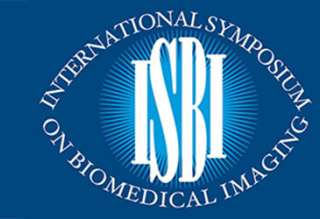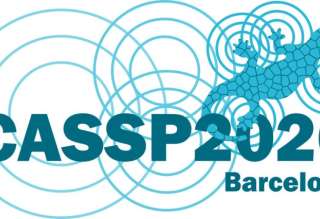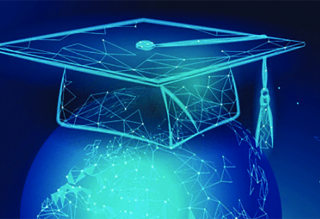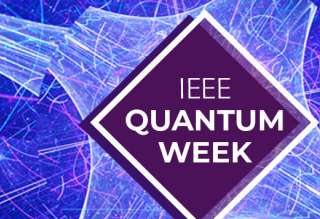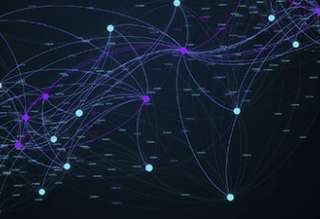SPS Feed
Top Reasons to Join SPS Today!
1. IEEE Signal Processing Magazine
2. Signal Processing Digital Library*
3. Inside Signal Processing Newsletter
4. SPS Resource Center
5. Career advancement & recognition
6. Discounts on conferences and publications
7. Professional networking
8. Communities for students, young professionals, and women
9. Volunteer opportunities
10. Coming soon! PDH/CEU credits
Click here to learn more.
The Latest News, Articles, and Events in Signal Processing
Date: 14 February 2023
Time: 3:00 PM (Central European Time (CET))
Full webinar details
Date: 31 March 2023
Chapter: Atlanta Chapter
Chapter Chair: Wendy Newcomb
Title: Improving Fairness in Speaker Recognition and Speech Recognition
Date: 13-17 April 2023
Registration Deadline: 20 February 2023
Location: Hotel Resort STELAR Plaza Manzanillo, Cartagena, Colombia
Event Brochure
Date: 6-10 March 2023
Registration Deadline: 2 March 2023
Location: Chennai, India
Event Brochure
Date: 4-8 September 2023
Location: Helsinki, Finland
Date: 17-22 September 2023
Location: Bellevue, WA, USA
Date: 12 May 2023
Chapter: Germany Chapter
Chapter Chair: Wolfgang Utschick
Title: Basic Concepts and Advanced Methods of Blind Source Separation for Speech and Music

The research group Digital Mathematics at the Department of Mathematics and Data Science of the Vrije Universitieit Brussel in Belgium is looking for a postdoc in the mathematical foundations for data science (e.g. machine learning, image processing, ...) or post-quantum security. This position requires submitting a project to the Brussels' funding agency Innoviris.

This PhD stipend is funded by the Pioneer Centre for Artificial Intelligence’s Collaboratory, Signals and Decoding. The Pioneer Centre for AI is located at the University of Copenhagen, with partners at Aarhus University, Aalborg University, The Technical University of Denmark, and the IT University of Copenhagen. There will be a cohort of PhD students starting during the fall of 2023 across the partner universities.
Date: 9 March 2023
Time: 9:00 AM ET (New York Time)
Presenter(s): Mr. Sayantan Dutta
Date: 13 February 2023
Time: 10:30 AM ET (New York Time)
Title: Human Centric Visual Analysis - Hand, Gesture, Pose, Action, and Beyond
Full webinar details
Pages
SPS Social Media
- IEEE SPS Facebook Page https://www.facebook.com/ieeeSPS
- IEEE SPS X Page https://x.com/IEEEsps
- IEEE SPS Instagram Page https://www.instagram.com/ieeesps/?hl=en
- IEEE SPS LinkedIn Page https://www.linkedin.com/company/ieeesps/
- IEEE SPS YouTube Channel https://www.youtube.com/ieeeSPS

